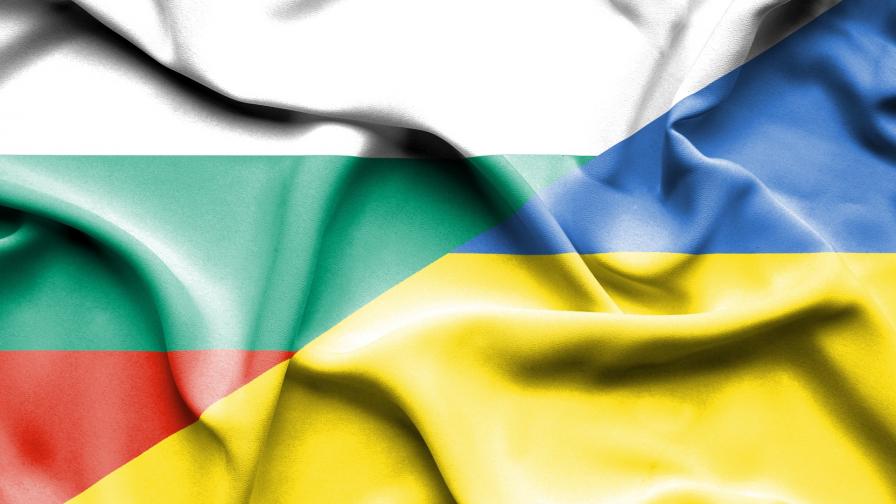BIA experts comment on economic cooperation between Bulgaria and Ukraine
Bulgarian exports to Ukraine vary in the range of 250-350 million euros per year, for 2021 - 400 million euros. We mainly export fertilizers, pharmaceuticals, machinery and electrical products. The import is 500-600 million euros, for 2021 exceeds 800 million euros. Imports are concentrated in semi-finished products of iron or non-alloy steels, sunflower and ammonia. Tourists from Ukraine were 300-500 thousand a year before the COVID pandemic. Mutual investments are sporadic.
The conflict between Russia and Ukraine is constantly escalating and it is difficult to predict how far it will spread. Therefore, it is difficult to quantify the consequences. It is now clear that commodities such as fertilizers will not be significantly affected. It is even possible for fertilizer prices to rise, as has happened with many other commodity products. Some niche products in our exports are likely to suffer - pharmaceuticals, electrical household appliances (e.g. boilers, which take 6-7 place in our exports to Ukraine), most investment goods, cocoa products, perfumes and cosmetics, video games. Although outside the statistics, exports of specialty products can be expected to increase.
Imports from Ukraine are strongly dominated by raw materials and commodities. Their production will be disrupted and quantities will decrease. Bulgarian importers will switch to other suppliers. The problems are rather related to the sharp jump in their prices. The threat is the import of spare parts for service of Ukrainian equipment (construction and mining machinery). About half of the imports of pellets for combustion chambers in Bulgaria come from Ukraine. If these imports decrease, domestic prices will rise even more.
At the micro level, much bigger shocks are possible for companies whose activities are predominantly related to Ukraine. Inbound tourism from Ukraine will decrease the most. Companies relying mainly on the Ukrainian market will have to reorient quickly.
According to BusinessEurope, the EC is not convincing in its reaction. Adequate measures are not envisaged in case of suspended supplies from Russia. The EU imports 60% of the required lithium from Russia, 25% of nickel (whose stock market price increased 3 times in 2 days), ammonia - 25%, rare earth elements (cerium, yttrium, scandium) 40%, chromium 10%. The automotive industry will be affected, as imports many of the necessary metals from Russia. Especially for natural gas, the impression is that the EC leaves each member state to save itself.









